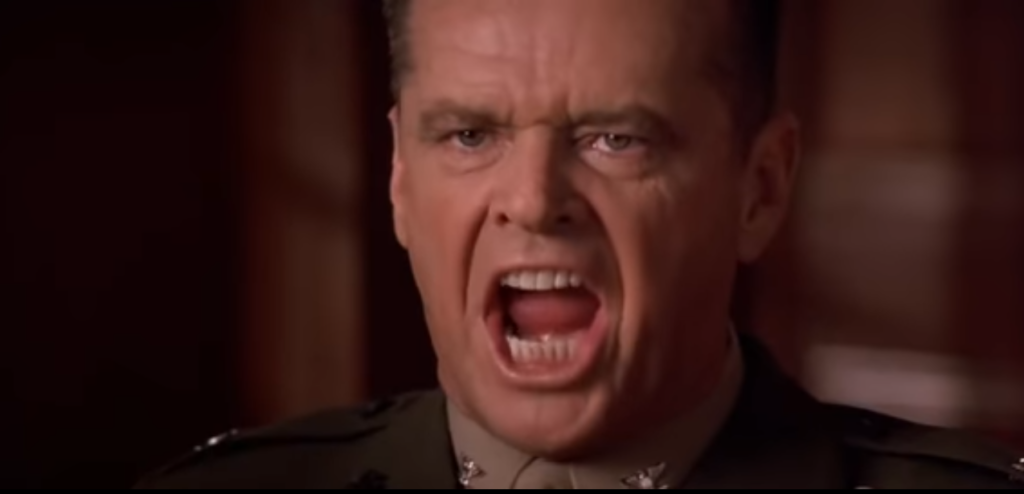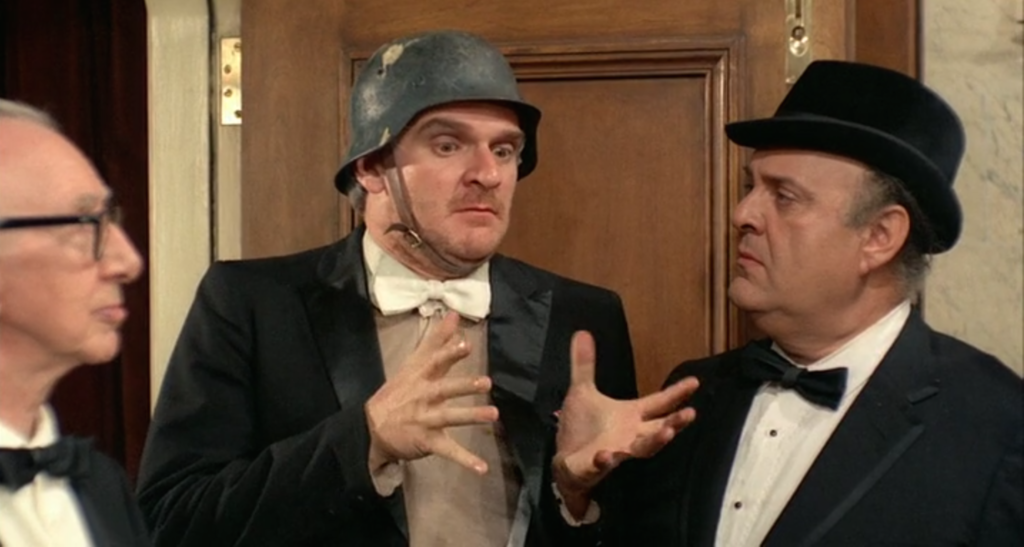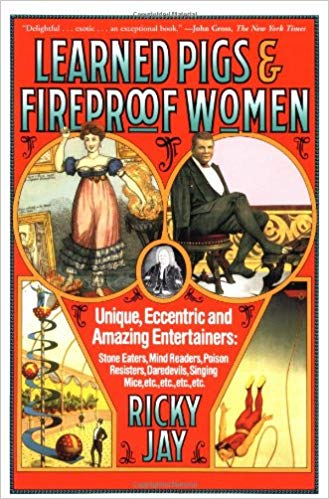“And armed hosts, an unexpected force,
Break from the bowels of the fatal horse.”
— The Aenid by Virgil
How do you overthrow a city defended by impenetrable walls?
You build a wooden horse and you get the Trojans to do your work for you.
How do you get paid for advertising your own product to other people’s customers?
You write a short book and you get the Amazons to do your work for you.
At least, that’s what one very successful Internet marketer had to say a few years back.
I’m thinking specifically of Hollis Carter, who ran (or still runs) a publishing company called Velocity House.
I remember watching a talk that Hollis gave at Mindvalley a long time ago — it was one of the first things that that got me excited about internet marketing.
The basic message was this:
Whatever you want to do — build a reputation, get leads, rank for a competitive keyword on Google — then writing a book and putting it on Amazon can do that for you.
Instead of paying for advertising, Hollis was saying, Amazon will actually pay you to deliver your ad (in the form of a book) to your target audience.
Well, I’m on this horse.
I’m putting together a Kindle book right now that will serve only for lead generation.
The best part is, it’s easy to do, since I’m just repurposing emails I’ve already sent to my email list.
But there’s a little twist to making sure this book unleashes the armed hosts and unexpected force of lead generation.
It’s a small principle that I learned from Ben Settle, who I suppose learned it from Matt Furey. Outside of these two guys, I don’t hear anybody else talking about it.
If you want to find out what this special principle is, I’ll tell you. All you have to do is sign up by the end of today (midnight PST, Tuesday, December 4) for my upcoming book on email marketing, and I will send you an email explaining the rest of this Amazon Trojan horse lead gen approach.
Here’s the link to sign up:



